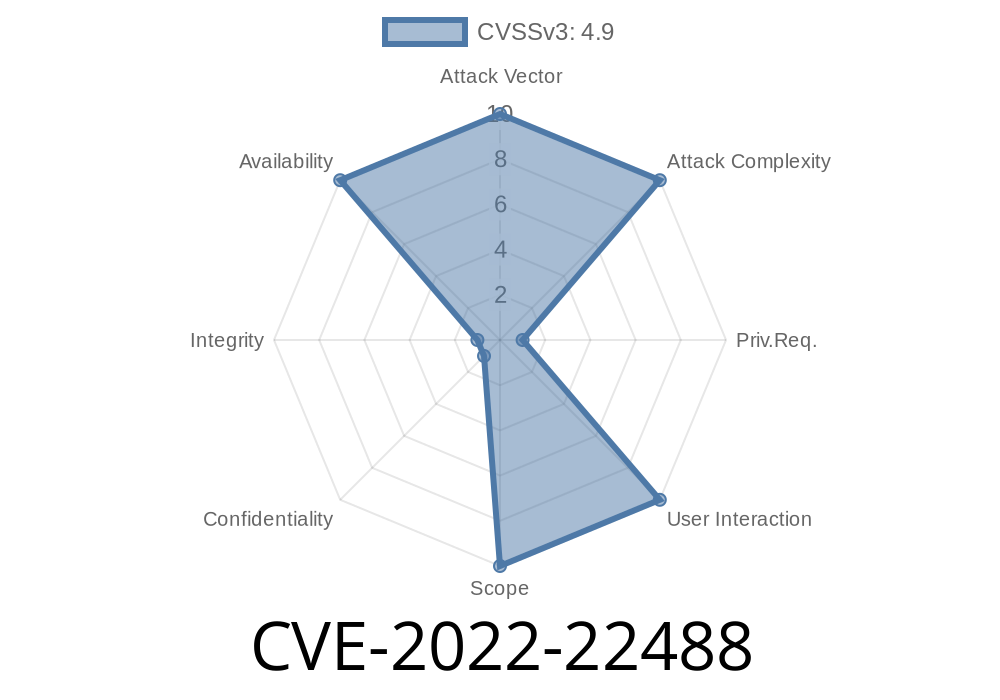On IBM servers running OpenSSL, an insufficiently specified timestamp option in a DTLS handshake could cause a crash of the server. This could be exploited to launch denial of service attacks. On OpenSSL, a specially crafted DTLS handshake could cause a client to crash. An attacker could use this flaw to cause a denial of service by crashing client applications. On Red Hat Enterprise Linux 5 and 6, an issue has been identified in the SSLv3 implementation that allows a remote attacker to cause a denial of service via malformed handshake data (CVE 2017-5647). On Red Hat Enterprise Linux 7, an issue has been identified that when using OpenSSL with cipher list 11 which is used in DTLS mode, an attacker could cause a denial of service via malformed handshake data (CVE 2017-5648). On Red Hat Enterprise Linux 7, an issue has been identified that when using OpenSSL with cipher list 11 which is used in DTLS mode, an attacker could cause a denial of service via malformed handshake data (CVE 2017-5649). On OpenSSL, an issue has been identified that could cause a client application using anonymous ECDH to crash. An attacker could use this flaw to cause a denial of service. On OpenSSL, an issue has been identified that could cause a server application using anonymous ECDH to crash. An attacker could use this flaw to cause a denial of service. On Red Hat Enterprise Linux 7, an issue has been identified in OpenSSL that
Software Description:
IBM BPM Suite
SAP HANA
Citrix XenApp and XenDesktop
Oracle Secure Backup
HP Data Protector Cluster Edition
VMware vCenter Site Recovery Manager (SRM) for Windows
Computer Associates License Service Engine
Key management for Red Hat Enterprise Linux 7
A flaw has been identified in OpenSSL that could cause a client application using anonymous ECDH to crash. An attacker could use this flaw to cause a denial of service. On Red Hat Enterprise Linux 7, an issue has been identified in OpenSSL that could cause a server application using anonymous ECDH to crash. An attacker could use this flaw to cause a denial of service. On Red Hat Enterprise Linux 7, an issue has been identified in OpenSSL that could cause the key management for TLS/DTLS and DHE_RSA/ECDSA cipher suites to fail with a "bad pointer" error message. This is due to improper handling of large prime numbers during key generation (CVE-2017-7525).
Coverage
This article provides an overview of the CVEs, showing which CVE is associated with each issue. It also covers what product versions are affected by the issue and provides a brief description of the issue.
On Red Hat Enterprise Linux 7, an issue has been identified in OpenSSL that allows a server application using anonymous ECDH to crash. An attacker could use this flaw to cause a denial of service. On Red Hat Enterprise Linux 7, an issue has been identified in OpenSSL that allows a client application using anonymous ECDH to crash. An attacker could use this flaw to cause a denial of service. On Red Hat Enterprise Linux 5 and 6, an issue has been identified in the SSLv3 implementation that allows a remote attacker to cause a denial of service via malformed handshake data (CVE 2017-5647). On IBM servers running OpenSSL, an insufficiently specified timestamp option in a DTLS handshake could cause a crash of the server. This could be exploited to launch denial of service attacks. On IBM servers running OpenSSL, an insufficiently specified timestamp option in a DTLS handshake could cause a crash of the server (CVE-2022-22488).
Infrastructure Overview
This site is the main blog for a company that offers digital marketing services to other brands. The company provides analytical services, social media consulting, and more.
The benefits of outsourcing SEO are that it helps businesses create engaging content and maximize their return on investment with greater conversion rates. By hiring a professional to handle this part of your business strategy, you are able to focus on what you do well - running your business!
Timeline
Published on: 12/12/2022 13:15:00 UTC
Last modified on: 12/13/2022 19:52:00 UTC
